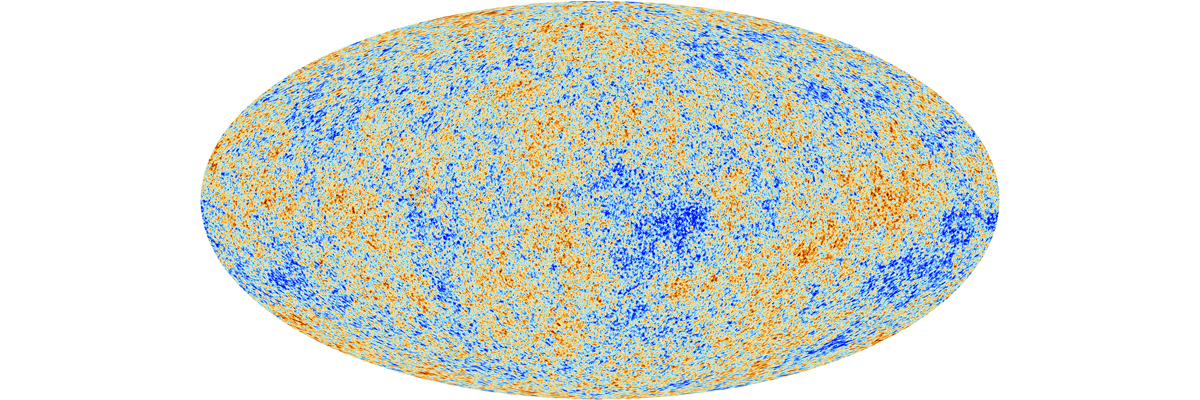

メンバー
メンバー紹介

Andrew H Jaffe
連携研究員
量子場計測システム国際拠点(QUP)
Professor of Astrophysics and Cosmology
Director, Imperial Centre for Inference and Cosmology, Imperial College London
e-maila.jaffe-at-imperial.ac.uk
I began my career as a theoretical cosmologist, but as cosmology has become dominated by data over the last several decades, so have my interests. I now spend most of my time trying to work out how we can extract the most information from our cosmological experiments. I am interested in the application of principled — Bayesian — methods to data from CMB telescopes and other cosmological and astrophysical probes of the early and late Universe. With these techniques, we can test our mathematical and physical models of the evolution of the Universe from the Big Bang to the present day and even into the far future.
Research Content
My research is split between time on big projects and in small groups. I have worked with MAXIMA and BOOMERanG, and then EBEX, Polarbear/SA and Planck, and more recently on Simons Observatory as well as some small involvement in Euclid, LSST and LISA. On Planck, I was responsible for some of the analysis of the beams and focal plane, as well as leading the analysis of our data to determine the geometry and topology of the Universe, work which I am continuing as part of the COMPACT collaboration.
With Don Backer, the discover of millisecond pulsars, I made some of the first predictions for the detection of a background of gravitational waves from supermassive black hole binaries using pulsar timing. With Dick Bond and Lloyd Knox, we pioneered the Bayesian analysis of CMB Data. This work continues, in particular with my Imperial colleague Alan Heavens and others, with whom I am developing techniques to determine the power spectrum of data on the sky (CMB, but also weak lensing and galaxy clustering) using principled and optimal Bayesian techniques via Hamiltonian Monte Carlo and other advanced sampling techniques.

https://www.esa.int/ESA_Multimedia/Images/2013/03/Planck_CMB
Related Research Results
https://physics.aps.org/articles/v17/74
https://www.cosmos.esa.int/web/planck
